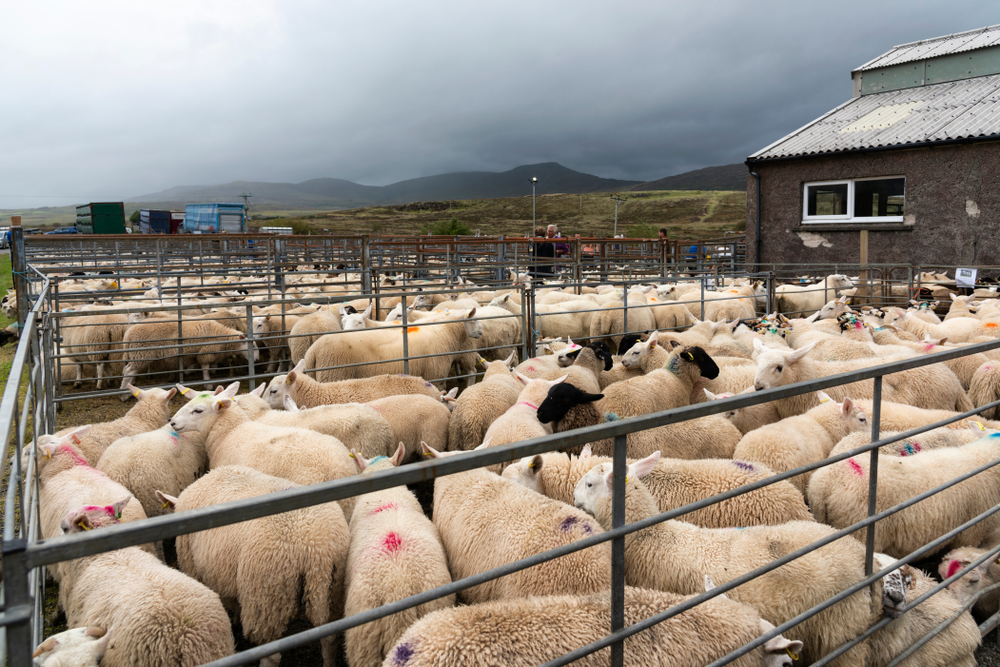Australian Government leads red meat mission in the UK
The Cook Government’s Minister for Agriculture and Food is leading the first Western Australian delegation of its kind to the United Kingdom, which includes some of the State’s major sheep meat and cattle producers.
- Agriculture and Food Minister Jackie Jarvis is leading the first Western Australia delegation of its kind to the United Kingdom
- Minister Jarvis and major WA sheep meat companies will visit Smithfield Market, one of the largest wholesale meat markets in Europe
- The mission will also include meetings with the UK’s Minister of State for Food, Farming and Fisheries and stakeholders from the UK’s biggest supermarkets
The Cook Government’s Minister for Agriculture and Food is leading the first Western Australian delegation of its kind to the United Kingdom, which includes some of the State’s major sheep meat and cattle producers.
The purpose of the ‘red meat mission’ is to establish strong relationships with UK market buyers and unlock new trade opportunities for WA farmers.
During the seven-day mission, Minister Jarvis will lead two WA sheep meat companies on a tour of the Smithfield Market, one of the largest wholesale meat markets, in Europe and meet with traders and buyers.
Fletcher International Exports, V & V Walsh and Pardoo Wagyu are looking to leverage the favourable provisions within the Australia-UK Free Trade Agreement to establish or enhance their presence in the UK market.
The delegation will have the opportunity to meet with local experts to further understand overseas supply chains and market entry requirements.
Minister Jarvis is also set to meet with the Minister of State for Food, Farming and Fisheries, the Right Honourable Mark Spencer MP, as well as the British Meat Processors Association, the International Meat Traders Association and Meat and Livestock Australia.
In addition, the delegation will attend the International Food & Drink event (IFE) in London, which will serve as a hub for more than 27,000 buyers for the UK’s entire food, drink, and hospitality supply chain – including stakeholders from Tesco, Marks & Spencer and British Airways.
The Cook Government will have a stand at the event to support WA’s agrifood businesses to showcase their products to global buyers.
Also:
Bord Bia Embarks On Trade Mission To China
Mexico meat processor’s mission to UK
